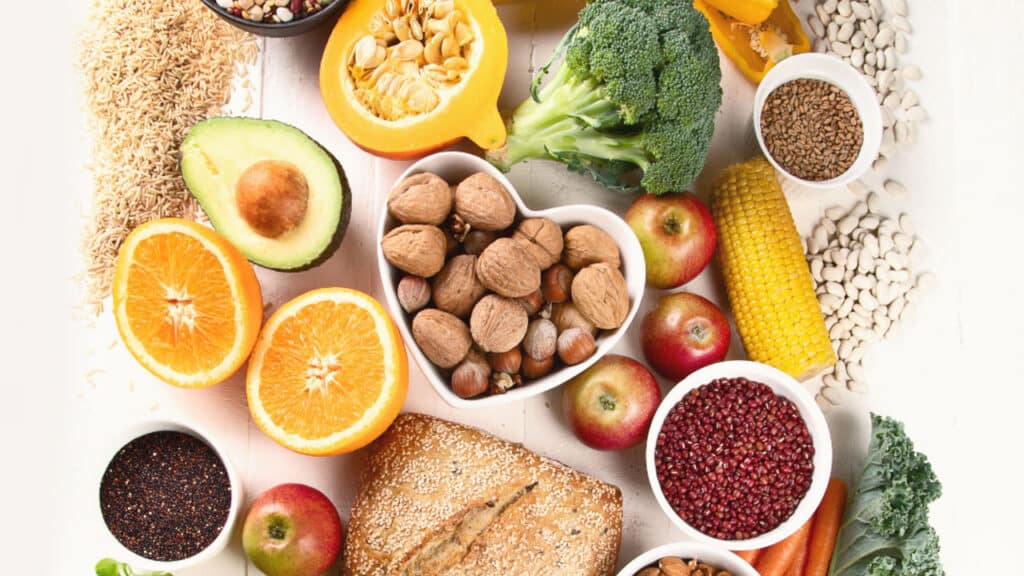When it comes to the essential nutrients, fiber is a bit of an odd one. We can’t actually digest fiber, at least not completely. Yet, for some reason, we do need it to make sure the rest of our food can be digested. You can’t talk about digestive health without talking about fiber.
Also known as roughage, we find fiber in plant-derived food. This doesn’t just mean vegetables. The wheat used to make flour that, in turn, makes bread and pasta, also has fiber in it. There are different types of fiber. One of the most common distinctions is between soluble and insoluble (indicating whether it dissolves in water). You need both, as they fulfill slightly different roles, but they’re found in varying amounts in different sources.
It’s fiber that helps food move through the gut and eventually be expelled as waste once all the useful nutrients have been removed. That means that if you want to avoid constipation, you need plenty of fiber. Other benefits include its impact on cholesterol and blood sugar, which can reduce your risk of cardiovascular disease and type 2 diabetes respectively.
Some fibers are bulking fibers. They absorb water rather than dissolving (and won’t work properly if you aren’t properly hydrated) to make your stool larger but softer, making it easier to go to the bathroom regularly.
Other fibers are viscous, which means they have a thickening effect. They’re not bulky, and they create a substance that’s more like a gel. This slows the passage of food through your gut, making you feel full for longer. That means it can help reduce your appetite and may be recommended when trying to lose weight. That’s when it’s part of your diet, not so much as a separate fiber supplement.
You have good bacteria in your gut that play a vital role in digestive health, and those bacteria are fed by a third type of fiber: fermented fiber. The effects of this can include reducing inflammation and giving your immune system a boost. It may alleviate the symptoms of inflammatory conditions such as Crohn’s disease, although in other situations, fiber may contribute to bloating and irritation.
If you’re having problems with your digestion, looking at your fiber intake is probably a good start. It’s more complicated than a lot of people realize, with a range of vital roles throughout the digestive system.




